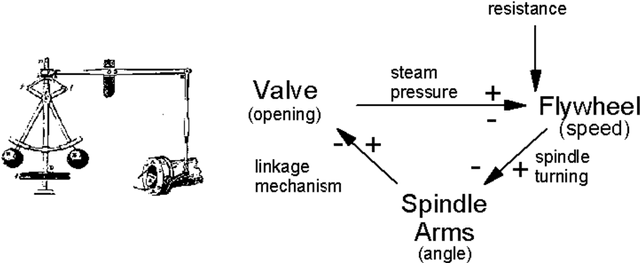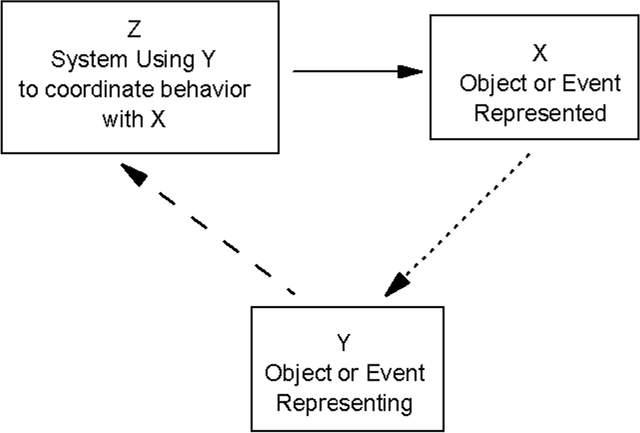Matthew Hutson
The MAIEI Learning Community Report
Nov 10, 2021Abstract:This is a labor of the Learning Community cohort that was convened by MAIEI in Winter 2021 to work through and discuss important research issues in the field of AI ethics from a multidisciplinary lens. The community came together supported by facilitators from the MAIEI staff to vigorously debate and explore the nuances of issues like bias, privacy, disinformation, accountability, and more especially examining them from the perspective of industry, civil society, academia, and government. The outcome of these discussions is reflected in the report that you are reading now - an exploration of a variety of issues with deep-dive, critical commentary on what has been done, what worked and what didn't, and what remains to be done so that we can meaningfully move forward in addressing the societal challenges posed by the deployment of AI systems. The chapters titled "Design and Techno-isolationism", "Facebook and the Digital Divide: Perspectives from Myanmar, Mexico, and India", "Future of Work", and "Media & Communications & Ethical Foresight" will hopefully provide with you novel lenses to explore this domain beyond the usual tropes that are covered in the domain of AI ethics.
Representation in Dynamical Systems
May 12, 2021

Abstract:The brain is often called a computer and likened to a Turing machine, in part because the mind can manipulate discrete symbols such as numbers. But the brain is a dynamical system, more like a Watt governor than a Turing machine. Can a dynamical system be said to operate using "representations"? This paper argues that it can, although not in the way a digital computer does. Instead, it uses phenomena best described using mathematic concepts such as chaotic attractors to stand in for aspects of the world.
 Add to Chrome
Add to Chrome Add to Firefox
Add to Firefox Add to Edge
Add to Edge